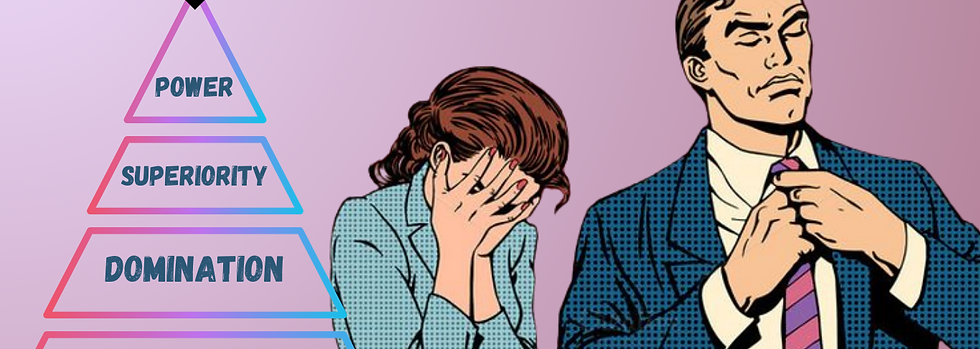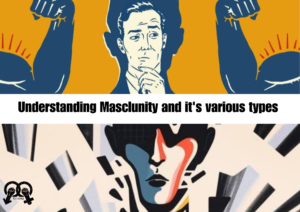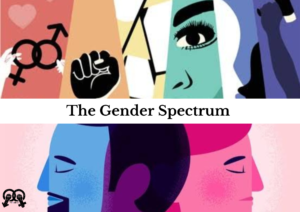Defining Patriarchy
Literally meaning the rule of the father, patriarchy is a social system that tends to privilege men above the rest of the genders. Herein, men have a monopoly over positions of power, privilege and dominance, which they exploit to dominate the other genders. It normalises discrimination and oppression based on sex and gender which is then considered natural or heavenly ordained, as an extension.
While patriarchy may seem like an academic concept relevant to only the feminist theory or for women’s liberation, it is actually quite pervasive in a range of cultural domains like social, legal, political, religious, and economic organisations. Most contemporary societies and practices, at present, are patriarchal in nature. Ranging from the different treatment meted out to male children and female children within families, to the lack of mainstream women-centric films in entertainment industries like Bollywood, patriarchy is everywhere.
All sexist practices, wherein rules are different for men and women, can trace their origin to this social system. For example, different hostel curfew timings for men and women; different dress codes for men and women; different salaries for the same work for men and women, are all manifestations of patriarchy. However, few individuals are able to recognise these sexist patterns and their underlying patriarchy. Sometimes, obviously patriarchal practices- like moral policing women and their clothing; or different hostel curfew timings, are even justified to be in “the greater interest” or “for the protection” of women. But we need to understand that the need for such a “protection” has also arisen because of patriarchy, which tends to justify male behaviour through the saying “boys will be boys”
Affecting Men and Non-Men Alike

Smashing The Patriarchy






